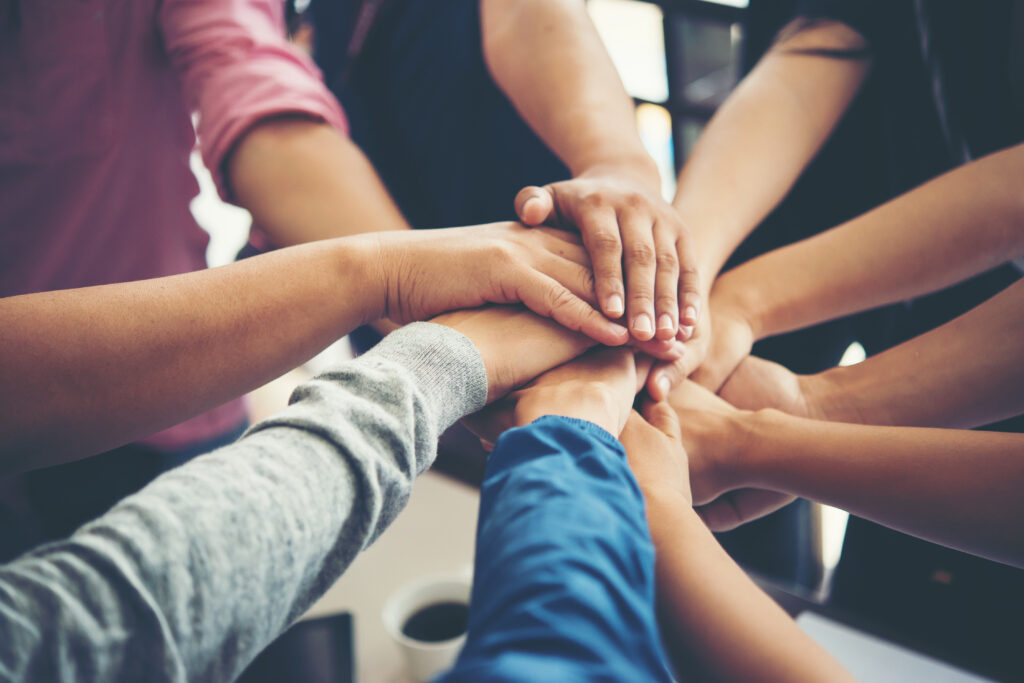The intersection of mental health and disabilities is a complex and often overlooked aspect of an individual’s well-being. At Adventure Care Melbourne, we understand the importance of addressing the mental health needs of individuals with disabilities. In this blog post, we’ll explore the challenges they may face and provide strategies for coping, along with valuable resources to help improve their mental health and overall quality of life.

**The Intersection of Mental Health and Disabilities**
Individuals with disabilities can encounter a range of stressors and challenges that may affect their mental health. Some of the factors contributing to this intersection include:
1. **Social Isolation:**
Many individuals with disabilities may face social isolation due to physical or cognitive limitations. This can lead to feelings of loneliness and depression.
2. **Discrimination:**
Discrimination and societal stigma can exacerbate the emotional toll experienced by individuals with disabilities. This may result in increased anxiety and self-esteem issues.
3. **Chronic Pain:**
For those with physical disabilities, chronic pain can be a constant companion. Managing pain can lead to chronic stress, which negatively impacts mental health.
4. **Dependency:**
The need for assistance with daily living activities can sometimes lead to feelings of dependency, which can trigger anxiety and depression.

**Strategies for Coping**
Addressing mental health concerns for individuals with disabilities requires a tailored approach that acknowledges their unique needs and challenges. Here are some strategies that can help:
1. **Seek Professional Help:**
Encourage individuals to reach out to mental health professionals who understand the complexities of their situation. A therapist or counselor can provide specialised support.
2. **Build a Support System:**
Social support is crucial. Encourage individuals to connect with friends, family, or support groups that understand their experiences.
3. **Promote Physical Activity:**
Physical activity can improve mental health. Adaptive sports and exercise programs tailored to individual abilities can be beneficial.
4. **Practice Mindfulness and Relaxation:**
Teaching mindfulness techniques and relaxation exercises can help individuals manage stress and anxiety.
5. **Empower Through Education:**
Provide resources and information on disabilities and mental health to empower individuals with knowledge and self-advocacy skills.
6. **Access Disability Services:**
Organisations like Adventure Care Melbourne offer disability services that include mental health support and coping strategies. Reach out to professionals who specialize in this intersections

**Valuable Resources for Coping**
1. **Beyond Blue**:
Beyond Blue is an Australian mental health support organization with resources and information specifically for people with disabilities.
2. **Lifeline**:
Lifeline offers crisis support and mental health resources to those in need.
3. **The Black Dog Institute**:
This institute focuses on mood disorders and provides resources for people with disabilities.
4. **ReachOut**:
ReachOut provides online mental health support for young people, including those with disabilities.
In conclusion, addressing the intersection of mental health and disabilities is crucial for individuals to lead fulfilling lives. By offering tailored coping strategies and connecting individuals with valuable resources, we can improve their mental well-being and overall quality of life. At Adventure Care Melbourne, we are committed to supporting individuals with disabilities in managing their mental health needs and helping them cope with the unique challenges they may face.
